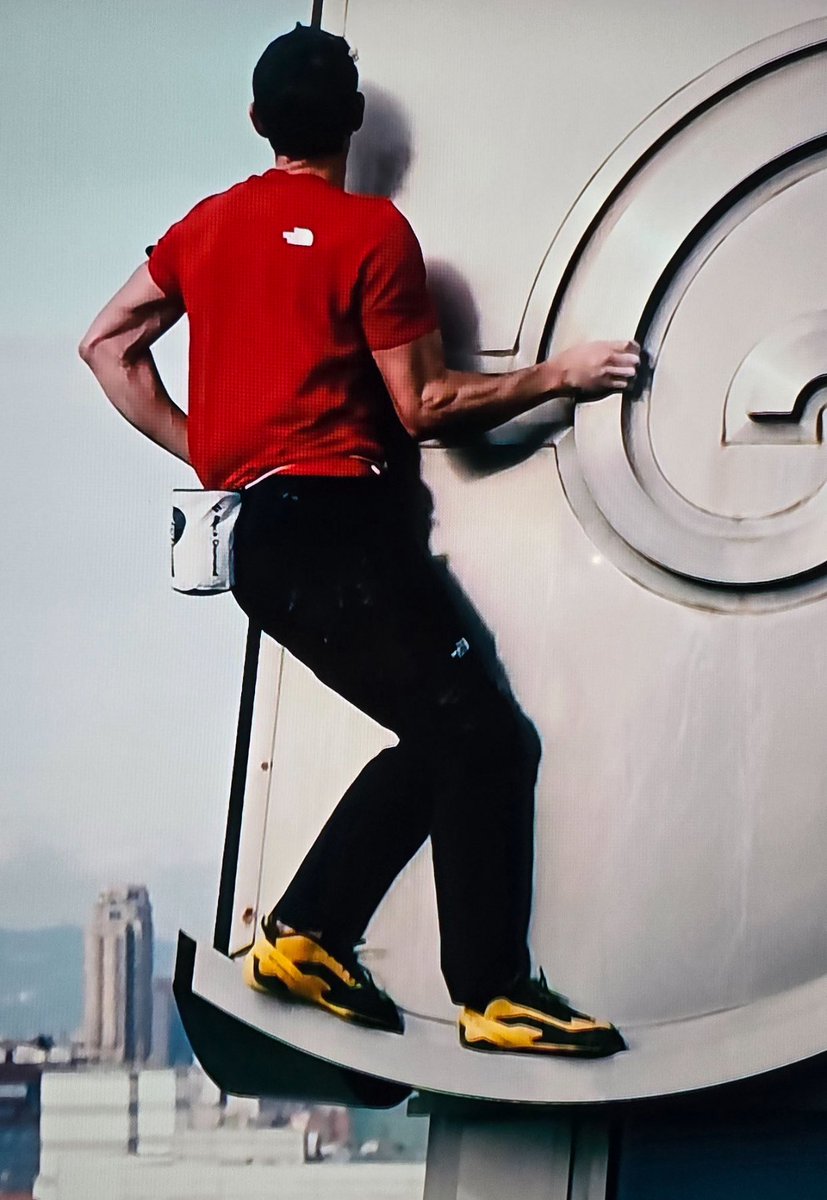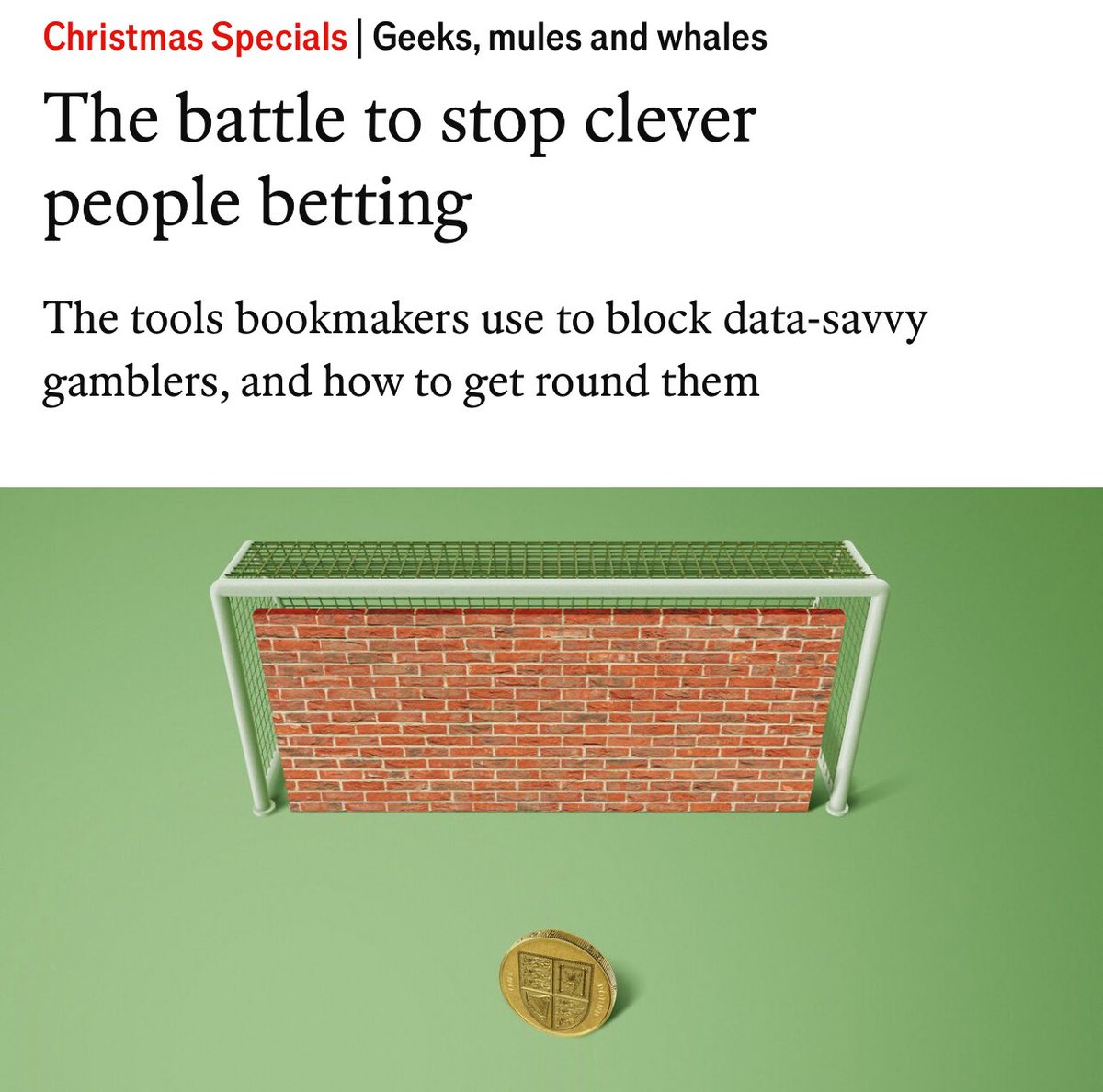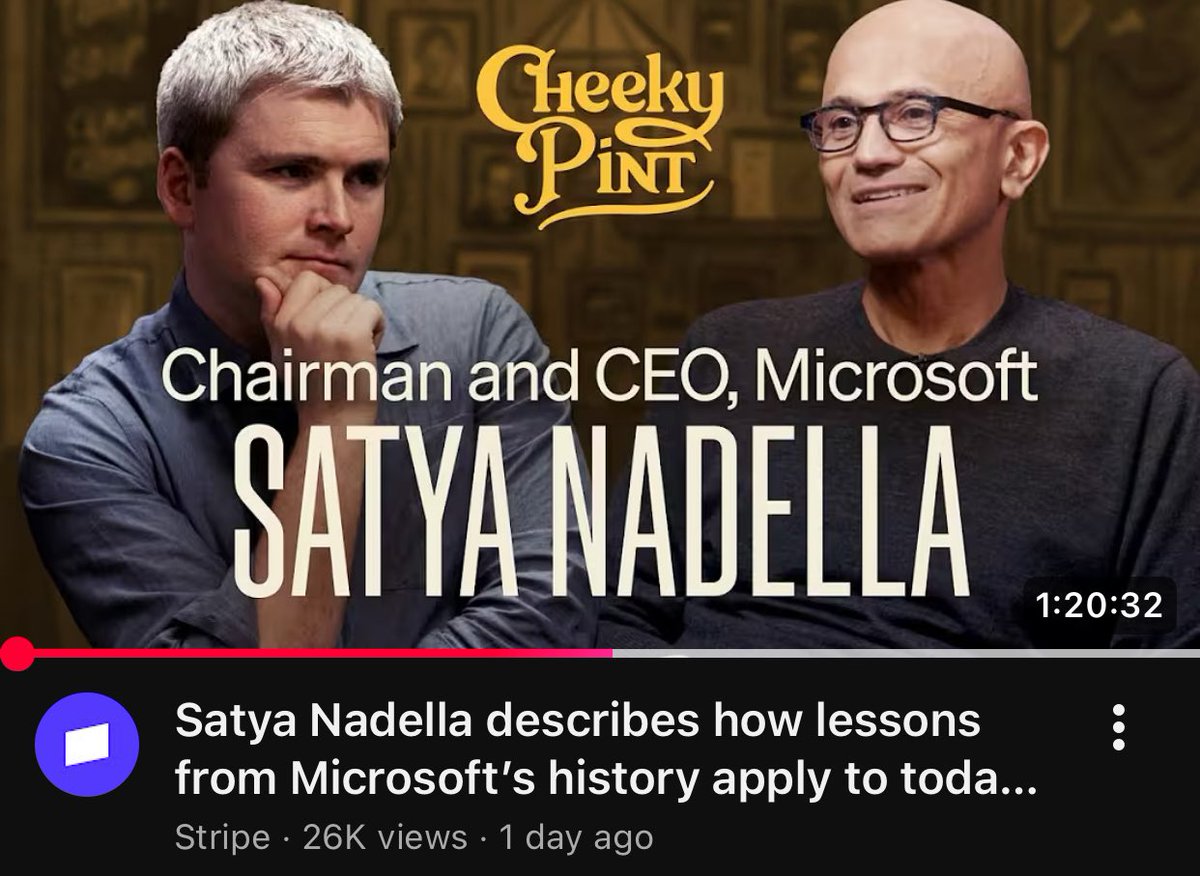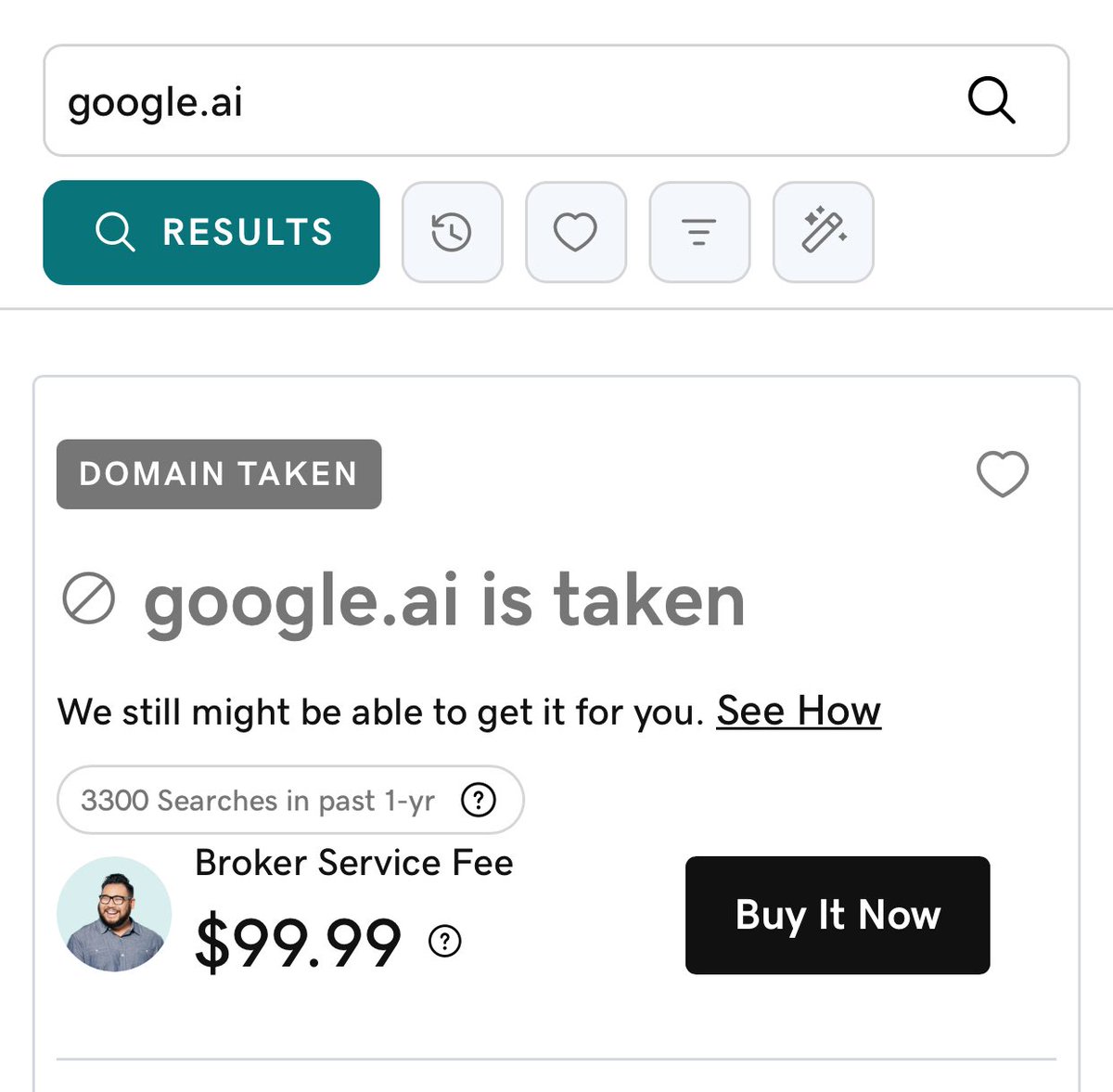In 2021, Peloton has seen its market cap fall from $50B to $17B. The “iPad on a bike” joke is trending but it’s a bit unfair.
Peloton’s design smartly uses many psychological hacks to get people hooked on exercise (and it's worth learning from).
Here are 9 of them🧵
Peloton’s design smartly uses many psychological hacks to get people hooked on exercise (and it's worth learning from).
Here are 9 of them🧵

1/ The psychological challenge with fitness is called “hyperbolic discounting”: we value immediate though smaller rewards more than long-term larger rewards.
The pain of diet or exercise NOW isn’t worth the long-term benefit of “being in shape”.
The pain of diet or exercise NOW isn’t worth the long-term benefit of “being in shape”.

2/ Peloton's goal is to get you on -- and hooked by -- its bike. The key to this is "the habit loop": a neurological phenomenon that governs any habit (good or bad).
It has 3 parts:
1⃣CUE: Trigger craving
2⃣ROUTINE: Action to get reward
3⃣REWARD: Satisfaction of craving
It has 3 parts:
1⃣CUE: Trigger craving
2⃣ROUTINE: Action to get reward
3⃣REWARD: Satisfaction of craving

3/ Starting Peloton's habit loop
Apple is an inspiration for Peloton' bike, which has an attractive and portable design.
As the memes will tell you, owners are happy to showcase it in high-profile areas of the home. This is a convenient cue to kick off the exercise habit loop.


Apple is an inspiration for Peloton' bike, which has an attractive and portable design.
As the memes will tell you, owners are happy to showcase it in high-profile areas of the home. This is a convenient cue to kick off the exercise habit loop.



4/ More exposure = more liking
There's another benefit to having Pelotons in highly visible places:
The "mere exposure effect", a psychological phenomenon whereby people develop a preference for things just based on how often they see it (this happens a lot to celebrities).
There's another benefit to having Pelotons in highly visible places:
The "mere exposure effect", a psychological phenomenon whereby people develop a preference for things just based on how often they see it (this happens a lot to celebrities).

5/ Shoes + Clips
At-home fitness is easier to get into, but also easier to get *out* of.
Peloton bike shoes are both a cue and a commitment to get a workout done. Once you clip in, you are primed for a ride. (Comparatively, ending your at-home pushup "workout" is much easier)
At-home fitness is easier to get into, but also easier to get *out* of.
Peloton bike shoes are both a cue and a commitment to get a workout done. Once you clip in, you are primed for a ride. (Comparatively, ending your at-home pushup "workout" is much easier)

6/ High price = more commitment
The Peloton is pricey: starts at $1.5k ($40/month digital sub). Psychologically, the high cost is very effective.
Per the "sunk cost-fallacy", people spend more time and money on something if they've already made an investment (eg. ride more).
The Peloton is pricey: starts at $1.5k ($40/month digital sub). Psychologically, the high cost is very effective.
Per the "sunk cost-fallacy", people spend more time and money on something if they've already made an investment (eg. ride more).

7/ Power of scheduling
Peloton offers 1000s of recorded/live classes, some as short as 10-15 min (a small minimum time commitment removes friction).
Scheduling also takes away the decision-making friction when its workout time, helping to kick off the habit loop.
Peloton offers 1000s of recorded/live classes, some as short as 10-15 min (a small minimum time commitment removes friction).
Scheduling also takes away the decision-making friction when its workout time, helping to kick off the habit loop.

8/ Gamified routine
Once on the bike, everything is gamified:
◻️Key metrics (output, speed)
◻️Leaderboards
◻️Awards, badges, achievements
In addition to the exercise dopamine, these near-term rewards are crucial for habit formation and help bypass "hyperbolic discounting".


Once on the bike, everything is gamified:
◻️Key metrics (output, speed)
◻️Leaderboards
◻️Awards, badges, achievements
In addition to the exercise dopamine, these near-term rewards are crucial for habit formation and help bypass "hyperbolic discounting".



9/ Social fitness
Peloton has a 6m-person member base, meaning you prob have a friend to ride with or compete against.
The social tie makes the product stickier.
There are countless Peloton online communities that swap tips and make absurd posts like this from an FB group:
Peloton has a 6m-person member base, meaning you prob have a friend to ride with or compete against.
The social tie makes the product stickier.
There are countless Peloton online communities that swap tips and make absurd posts like this from an FB group:

10/ Instructor motivation
Peloton has 45 instructors, for any mood you feel like riding. While it's digital guidance, the up-close screen makes it more intimate than you might get at the back of a Soul Cycle.
(With 10k+ riders in some classes, no wonder instructors are famous)


Peloton has 45 instructors, for any mood you feel like riding. While it's digital guidance, the up-close screen makes it more intimate than you might get at the back of a Soul Cycle.
(With 10k+ riders in some classes, no wonder instructors are famous)



11/ The Shoutout
The most explicit psychological hack is the instructor calling out names during the rides.
People *love* hearing their own name.
The genius move: instructors name-dropping people on milestone rides (50, 100, 250, 500), which motivates you to keep coming back.
The most explicit psychological hack is the instructor calling out names during the rides.
People *love* hearing their own name.
The genius move: instructors name-dropping people on milestone rides (50, 100, 250, 500), which motivates you to keep coming back.

12/ Obviously, none of these hacks saved Peloton from getting clapped last week. Still worth studying, though.
If you enjoyed that, I write threads on business and tech 1-2x a week.
Follow @TrungTPhan to get them in your feed.
If you enjoyed that, I write threads on business and tech 1-2x a week.
Follow @TrungTPhan to get them in your feed.
13/ You may enjoy this other "psychological" study:
https://twitter.com/TrungTPhan/status/1456286795222585347
14/ Also, I do interesting breakdowns like this once a week -- with lots of dumb jokes -- on the Not Investment Advice (NIA) podcast.
Check It: podcasts.apple.com/ca/podcast/not…
Check It: podcasts.apple.com/ca/podcast/not…

15/ Sources
TechCrunch: techcrunch.com/2019/09/22/why…
Choice Hacking: choicehacking.com/2020/06/25/pel…
Nir and Far: nirandfar.com/hyperbolic-dis…
Ignite Performance: igniteperformance.net/blog/2017/6/8/…
UPenn Study: repository.upenn.edu/cgi/viewconten…
TechCrunch: techcrunch.com/2019/09/22/why…
Choice Hacking: choicehacking.com/2020/06/25/pel…
Nir and Far: nirandfar.com/hyperbolic-dis…
Ignite Performance: igniteperformance.net/blog/2017/6/8/…
UPenn Study: repository.upenn.edu/cgi/viewconten…

16/ Had to write this thread after this tweet
https://twitter.com/TrungTPhan/status/1457058936633184259?s=20
17/ Lastly, no Peloton thread is complete without a reference to the greatest Peloton thread ever:
https://twitter.com/ClueHeywood/status/1089699762331217920
• • •
Missing some Tweet in this thread? You can try to
force a refresh















